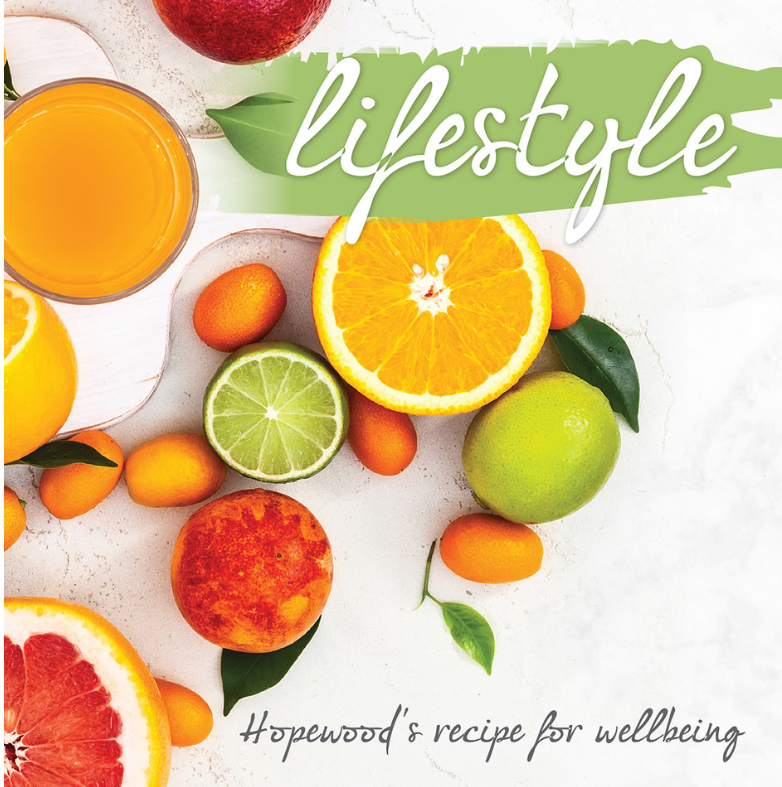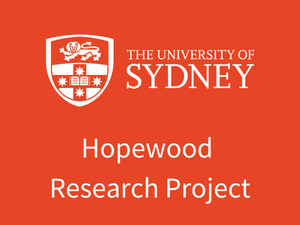Healthy hydration

by Professor Luigi Fontana, Scientific Director, Charles Perkins Centre RPA Clinic, The University of Sydney
Most healthy people should drink water, better spring water, or a variety of herbal teas only when they feel thirsty. At the same time, they should consume a diet rich in vegetables, fruit, whole grains, beans, seeds and nuts, while avoiding, as much as possible, ultra-processed foods rich in added salt and sugar-sweetened beverages.
Being well-hydrated is crucial for optimal health. But in healthy individuals the hydration status is not only influenced by what we drink but also by the quality of food we eat.
Total water intake is important but a key role is played by the appropriate intake of sodium, potassium and proteins from the diet. The renal excretion of excessive amounts of sodium and of the end-products of protein metabolism requires large amounts of water. Therefore, consuming a wide range of water and potassium rich foods such as vegetables, fruits, cooked whole grains and beans is key to our wellbeing.
On the other hand, we need to reduce the consumption of processed foods rich in salt and animal proteins to minimize the risk of excessive water loss. Of course, other factors such as age, sex and some anthropometric characteristics are also influencing hydration.
For example, healthy children have higher water requirements than those of healthy adults, because of their higher body surface to body mass ratio, which causes greater water loss through the skin. Moreover, water turnover rates rise with increasing body weight, because of the higher metabolic rate, energy requirements, and food consumption.



